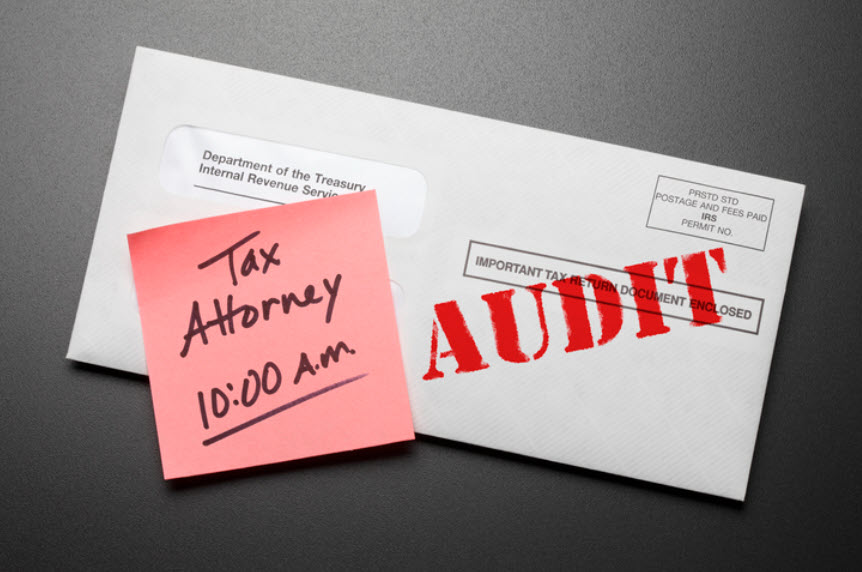
Why do you need a lawyer for an IRS audit? Have you received an IRS audit notification (IRS form letter 2205-A, 2205-B, or 566)? What do you need to know?
Many taxpayers wonder why they were selected for an audit. Many red flags can separate your return from the vast number of returns received by the agency. The IRS primarily utilizes automated systems that identify anomalies outside the "bell curve" for a specific issue the IRS has identified as a common tax avoidance strategy. For example, home offices are a perennial favorite of the Internal Revenue Service. IRS AI applications search for and identify returns that claim more for a home office exemption, those who fall outside of the bell curve for the statistical norm for that deduction.
For the past several years, the IRS has been intensely focused on offshore income, foreign corporate ownership, offshore investments, foreign trusts, cryptocurrency exchanges and wallets, and associated accounts and assets. FinCEN requires all qualifying U.S. taxpayers to make a complete, transparent, and honest disclosure of all bank accounts, investments, assets, and offshore income, as well as real estate and other holdings on Form 114, often referred to as an FBAR. If you face an audit related to any foreign investments, income, corporate holdings, retirement, or Passive Foreign Investment Company (PFIC) holdings, you need an experienced lawyer for an IRS audit.
Pay attention to the deadline established in the letter, as you need to respond promptly and not attempt to ignore the situation. If the letter identifies the potential for an office audit or field audit, it is in your best interests to allow an experienced legal and tax professional to manage all communications and interactions with the IRS.
If the IRS has contacted you for an audit, there is one thing you should absolutely not do: never contact the IRS directly. It is not in your best interest, either legally or financially. It may surprise you to learn that U.S. taxpayers are not required to speak with the IRS directly when a tax or IRS audit attorney represents them. In fact, most taxpayers provide far too much information in response to the IRS in an effort to appear cooperative, even honest.
There is a strategy for managing each individual IRS audit. Most IRS auditors are not accountants, and in many cases, your tax attorney will need to apply Generally Accepted Accounting Principles (GAAP) to challenge the tactics and processes used to audit your return and determine additional tax liability. Look for a tax attorney who is also a CPA, or consider a firm that integrates legal, tax, and accounting services within a single entity. This is especially true when your audit is targeting a substantial amount of money.
There are specific rules and regulations associated with when it is (or isn't) in your best interests to move toward closing the file on the audit or agreeing to extend the statute of limitations. It is possible to appeal the findings of an IRS audit and achieve a better outcome. However, any audit is limited to the information contained within the actual audit file. It is not possible to introduce additional information or evidence after the audit is completed and during an appeal.
These are the reasons you will need a lawyer for an IRS audit. This is a serious matter, and the agency has incredible powers to place liens against your home and property, levy your bank account(s), and impose heavy fines, penalties, and interest in addition to any back taxes the IRS believes you owe. It is not in your best interests to speak with the IRS directly. An experienced IRS audit attorney can provide sound counsel, limit the scope of the audit, and work to reduce the exposure you face, the amount you may owe (if any), and protect your rights as a U.S. taxpayer.
If the IRS has contacted you for an audit, you are going to need an experienced, proven IRS audit tax attorney.